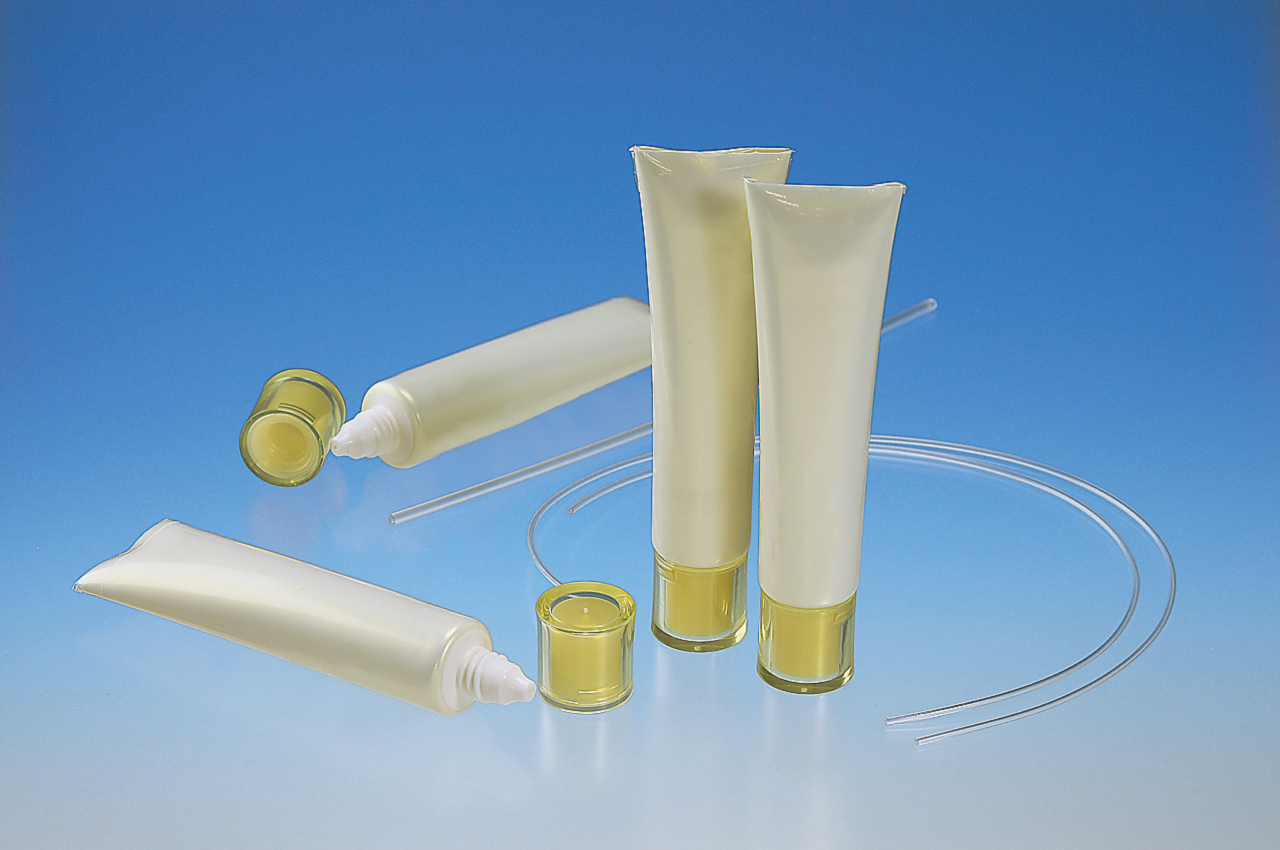Thursday, August 24, 2023
Interview with Guillaume Beyrath, Account Manager Plastics - Safic-Alcan

What is your company's main activity?
Safic-Alcan is an independent French specialty chemicals distribution company, headquartered in Paris La Défense.
With its two entities "Performance Products" (rubbers, plastics, paints and coatings, PU, adhesives, lubricants, detergents) and "Life Sciences" (pharmaceuticals, cosmetics, food supplements), Safic-alcan develops and offers a wide range of polymers and additives for all these industries.
With 35 offices strategically located on every continent and more than 60 countries covered, Safic-Alcan achieved a turnover of 907 million euros in 2022.
Today, the group employs 780 people worldwide, including 295 qualified sales engineers.
Initially focused on the distribution of engineering plastics and additives, our plastics range is evolving and expanding towards a portfolio of products that contribute to sustainable development, with biosourced, biodegradable, compostable and recycled materials).
At FPC, you'll be meeting decision-maker from all the sectors. Without revealing everything, could you tell us about one of your innovative solutions that will surprise our visitors?
Safic-Alcan has always had a vocation to offer alternative and innovative solutions in response to technical, environmental or regulatory issues.
On this subject, we would like to present TPX (Polymethylpentene) from Mitsui Chemicals. Thanks to its transparency, good temperature resistance (sterilisable at 135°C with peaks at 175°C) and lightness (density of 830 kg/m3), this polymer can be offered as a replacement for glass in applications as varied as laboratory equipment, pharmaceutical and medical equipment and cosmetic applications.
Safic-Alcan will also be showcasing its sustainable development solutions at the forum:
- Plastic Bank with a range of polymers (rPET/rHDPE/rPP/rLDPE) derived from the recycling of plastic waste collected from oceans and beaches.
- PrimeBiopolymers, a Spanish company specialising in the manufacture of made-to-measure compostable compounds.
To find out more about all our solutions, come and meet us at the FPC show.

How are your solutions/developments part of a circular economy approach?
Reducing our carbon footprint, relying less on non-renewable energy sources, better managing our waste and, last but not least, making the most of certain untapped resources: these are just some of the challenges that are driving the chemical industry to reinvent itself!
"Towards a more responsible and sustainable industry!
The role of distribution is crucial in the chemical sector's transition process. Over the next few years, distributors will have to review the cost architecture of their supply chains, as well as their environmental footprint. At Safic-Alcan, we believe that we are ideally positioned to establish a "sustainable link" between our principals and our customers.
We are committed to better understanding our impacts and to strengthening the dialogue between all our partners to improve our products and solutions.
This approach to collaboration and continuous improvement, which is essential if we are to meet the needs and challenges of our markets, is based on 3 pillars:
- Adapting our offer
To help our customers minimise the negative impacts of their products and maximise their positive impacts, we are working to strengthen our product portfolio by working with committed suppliers offering responsible and innovative solutions. Some of these suppliers, for example, are developing ISCC+-certified bio-based products as alternatives to fossil-based products.
The selection of our partners and the choice of our new products are also essential elements in meeting the growing expectations of our markets.
- Striving for greater transparency
As a distributor, our role is to collect information from our suppliers that will enable our customers to assess the environmental and social impact of their products. This is an arduous task, given the complexity of some supply chains, but one that is essential if we are to meet traceability requirements.
Committing to LCA (Life Cycle Assessment) processes represents a real investment for our partners, as there is sometimes a gap between expectations for information and the methods or practices in place to collect it. This reinforces the need to structure our businesses: setting up common reference systems and sharing harmonised methodologies creates value and leads to concrete, credible communications that are aligned with sustainable development objectives.
- Engaging our suppliers
The collection of this product and LCA data is an opportunity to note the very different levels of maturity of our suppliers on these issues. We feel it is our responsibility to strengthen our exchanges and collaboration with them in order to develop our shared understanding of the sustainability aspects of the product portfolio. As a lasting link between our suppliers and our customers, we also support their commitment to responsible and circular solutions, so that together we can build a more virtuous value chain: better production, better consumption and better management of the end-of-life of products.
Conclusion
Finally, the ambition behind the concept of responsible chemistry is not so much to find the perfect equation between efficiency, price and risk reduction, but to reach the compromise that is most in line with companies' social and environmental commitments. All of this without losing sight of the need for economic performance, which is essential for investment in research and innovation. At Safic-Alcan, we are convinced that truly sustainable solutions will only emerge if every link in the chain is mobilised (chemists, researchers, distributors, manufacturers, consumers, legislators, investors).
